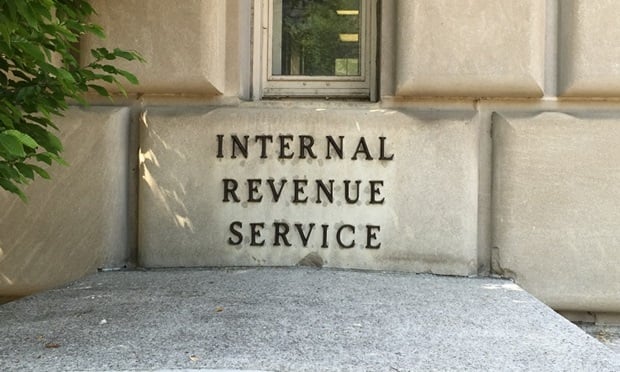The U.S. Treasury Department and the Internal Revenue Service finalized a rule last week defining decentralized finance platforms as broker-dealers for tax reporting purposes, a move that cryptocurrency groups called crippling for the industry and quickly challenged in court as violating constitutional rights to due process and freedom from unreasonable searches. .
Decentralized finance, or DeFi, platforms use blockchain technology to provide user-to-user financial services without going through intermediaries like banks or brokers. But the new IRS regulations require DeFi platforms to collect and provide detailed transaction documents on tax returns as traditional broker-dealers, as the agency said DeFi networks act as intermediaries.
“Clear information reporting rules that require DeFi brokers to report gross proceeds from taxpayers who engage in digital asset transactions will help the IRS identify taxpayers who engaged in these transactions and will thus help reduce the overall tax gap,” the Treasury Department said.
Under the rule, brokers must provide users involved in DeFi transactions with 1099 forms. Requiring DeFi platforms to disclose broker-dealer information will reduce errors in federal tax returns and close the tax gap on reported income by reminding users that digital assets traded on DeFi platforms are taxable, Treasury added.
“These regulations will help ensure that all taxpayers follow the same set of rules and have access to the information they need to file their taxes accurately,” said Aviva Aron-Dine, Acting Treasury Assistant Secretary for Policy. tax, in a press release.
The new rule does not change or impose tax burdens on digital assets, but ensures that “DeFi brokers of digital assets are subject to the same information reporting rules as securities broker-dealers and exchange platform operators.” trading in custodial digital assets,” Treasury said.
The rule, set to take effect on January 1, 2027, would affect up to 2.6 million customers involved in DeFi transactions, Treasury said.
Hours after the rules were finalized Friday, three crypto industry groups sued the IRS and Treasury in the U.S. District Court for the Northern District of Texas, alleging regulatory overreach and violation of the Fourth and Fifth Amendments .
The complaint, filed by the Blockchain Association, the Texas Blockchain Council and the DeFi Education Fund, called the reporting rule a fundamental misunderstanding of how DeFi entities operate and at odds with the purpose of DeFi platforms. DeFi’s main innovation is that users, not the platform, transact with other users, the groups said.
“Complying with these requirements is impossible if DeFi is to remain as it is, because complying with these requirements would require DeFi entities to become brokers when their defining characteristic is that they are not intermediaries,” the statement said. complaint.
The regulations require “DeFi industry participants who are not broker-dealers to act as broker-dealers – a requirement that will effectively end the DeFi industry,” the complaint adds.
The groups alleged that the reporting rule violates DeFi participants’ Fourth Amendment rights by requiring them to disclose transaction information. The rule also violates the Fifth Amendment because the vague and broad definition of the term “broker” will leave parties “wondering whether they are covered by the final rule, in violation of their due process rights to fair knowledge of the law.” », the groups added.
Marisa Coppel, chief legal officer of the Blockchain Association, said the rule goes beyond the statutory authority of the IRS and Treasury to define DeFi trading providers as “brokers” because they do not conduct trading. transactions.
“Not only is this a violation of the privacy rights of individuals using decentralized technology, but it would push all of this booming technology overseas,” she added.




